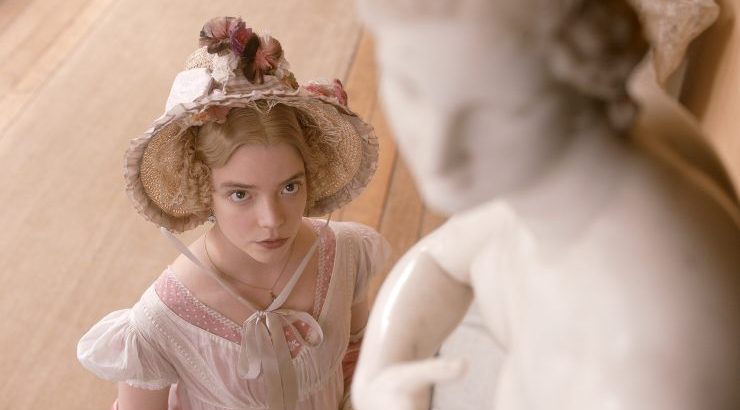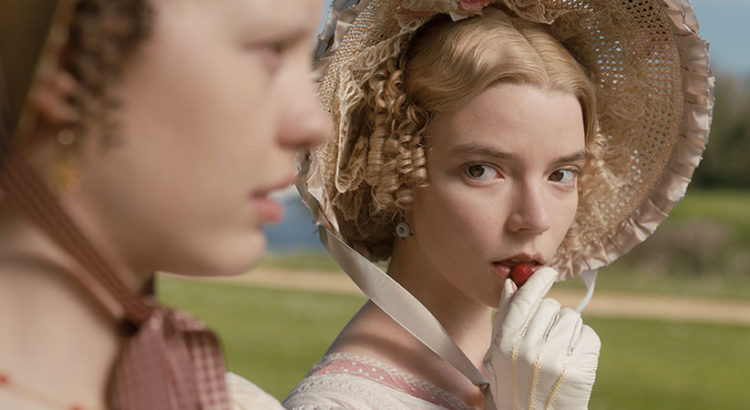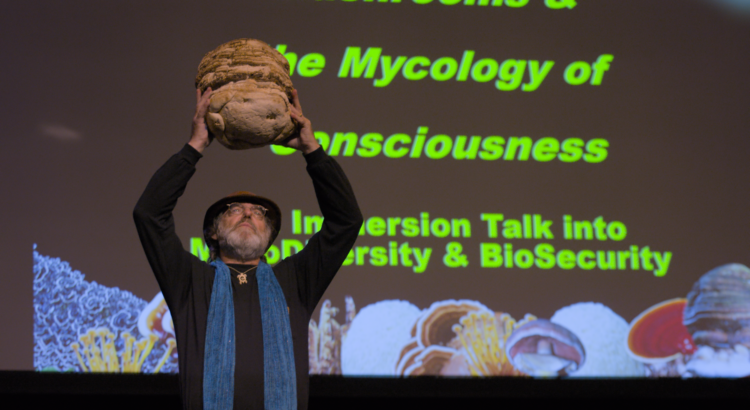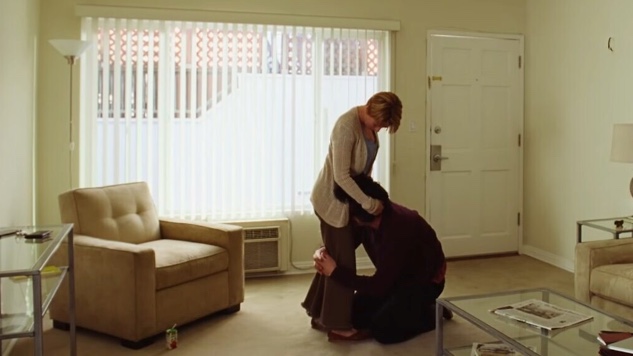I’m a longtime fan of Jane Austen’s novel Emma. Did I secretly want it to be my favorite book because it has my name as the title? Yes. Did that lead me to read it when I was too young and couldn’t understand much of it? Uh huh. Have I finally gotten to the age where her storyline as an occasionally selfish and insensitive young woman resonates with me? Yep.
Let me start with how good a job I think Anya Taylor-Joy did as Emma. I grew up with the 1996 Gwyneth Paltrow version of Emma. Though as a 10, 12, 14-year old, I wouldn’t have told you I liked that movie from over the games on my first-gen iPod touch, between my parents on the couch, I have every second of it memorized. Paltrow completely is Emma in my mind. I worried that this would make it impossible for me to like Taylor-Joy in the movie. I worried for nothing.
I really appreciated how true to the character’s age she seemed. How young and my age. It made her fussiness more endearing and excusable. She wasn’t old enough for me to think she kept stubbornly messing up. I didn’t like as much how they portrayed Harriet’s youth, though. For the whole movie, I felt like she was putting on airs to seem younger and ditzier than I could quite believe. Yes, Harriet is supposed to be young and ditzy, but in this version, I was consistently a little uncomfortable with how undignified she was. I suppose she’s a hard character to nail…maybe it’s easier to concentrate on your cleverness as Emma than on your dippiness as Harriet. I can see how childishness is harder to fake than precociousness.
Comedy really set this version apart from the ’96 version. 2020 went much harder. Emma’s father, played by Bill Nighy, and Mr. Elton, played by Josh O’Connor, pulled most of the weight. I grew a little tired of Mr. Elton, but I loved Bill Nighy in this role–I’m so glad they got him! His tight-lipped, willowy kind of physical comedy always made me smile or laugh when he was on. I feel like it takes a special kind of actor to do very predictable, trite bits and still make everyone in the audience laugh, and it was never quiet in the theater when he was on screen.
I think it’s a hard thing to make Emma fans like a new version when they’ve liked others and feel close to the story. They succeeded with me. Now I want to try to speak for some people who didn’t know the story beforehand: they were not very clear about the nature of Mr. Knightley’s relationship with the family at the beginning (or anytime). In the novel, Austen explains that he is a neighbor-turned-close-family-friend who is 16 years older (yes) than Emma. The movie (and I extend this sin to the ’96 version, too, if I must) doesn’t give any of this context! He appears in the living room and everyone acts like friends.
For how long have they been friends? How old is Mr. Knightley? Has the father already thought of them together at all? More importantly:
Why hasn’t Emma see Mr. Knightley as a love interest earlier? It’s because she’s seen him only as a mentor her whole life, since childhood. Conversely, why hasn’t Mr. Knightley see her as a love interest earlier? Because she’s only just recently a woman and not a child. The movie never answers these.
Do I think the movie put a few more fingers in the comedy pot than it needed to? Yeah, I do. Do I think it should’ve worked harder to contextualize Emma’s and Mr. Knightley’s relationship? For sure. Did I enjoy this movie a lot? Yes. Should you go see it? Absolutely.








